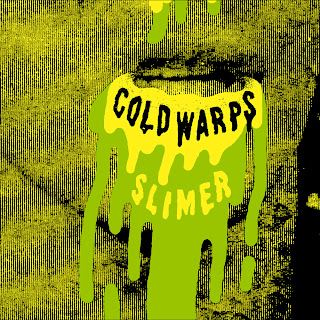Valtari
Sigur Ros
XL Records.
SCQ Rating: 73%
There are hundreds
of go-to words that seek to magnify Sigur Ros’ transcendent allure – among them
“glacial”, “earth-shaking”, “ethereal”, etc. – and most fans acknowledge them
for lack of a clearer way of articulating such a singular sound. “Nice”
shouldn’t be one of those descriptors but Valtari, the band’s fifth studio
full-length, doesn’t offer a surplus of alternate doorways by which we might
offer in-depth commentary.
As what can be
loosely considered Sigur Ros’ “choral” album, Valtari does deviate from the
life-affirming bombast that dominated Takk… and half of með suð í eyrum við spilum endalaust. But these
eight songs don’t play out any progressive intentions, instead retracing the
Hopelandic ambience they pioneered on ( ) with their symphonic habits still calling
the shots. Far from minimal, the results dial up the distilled beauty of Jonsi
+ Alex’s Riceboy Sleeps through the full band’s sensitive approach. Given how
successfully Sigur Ros have built evocative, full-length spanning
sound-environments in the past, Valtari nevertheless comes off as unsure of
itself, hiding a handful of lovely, true-to-form compositions within a
transient cloud of lavish indecision.
With highlights
dominating the first half and the final three tracks forming a delicate
instrumental suite, Valtari resembles a super-generous EP (in the tradition of
Hvarf/Heim or their various maxi-singles) moreso than a self-sustaining album. However
one chooses to view or describe Valtari, it finds Sigur Ros quietly thriving
off their own laurels, unbothered by the boundaries they’re dwelling in. For a
band that has spent half a decade leveling post-rock, they’ve earned the right to
play nice.








